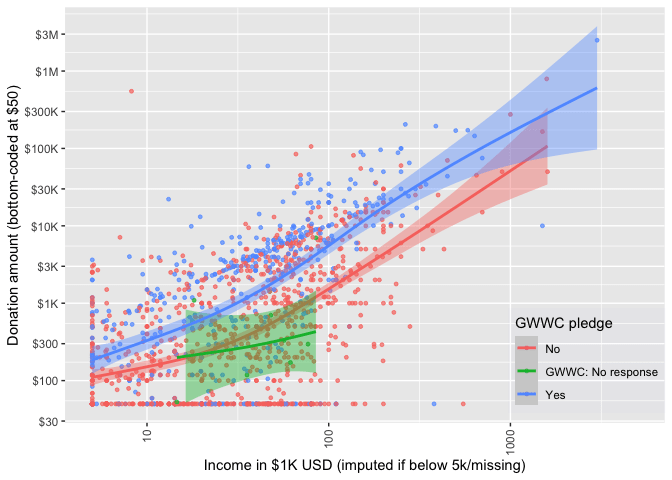Before I address the title of the article I'm going to quickly outlined why I think brands and products grow and why behaviours in general become more popular. This post involves some meandering so reader beware.
I've been doing marketing for about 15 years and as far as I can tell there are 3 models of communication that change people's behaviour:
Model 1: "SALIENCE":
communication changes behaviour by creating salience between an intervention or product or brand and the memories people access at a point of purchase or engagement (i.e. 'when they are in-market'). For example, when I want to make "pasta bolognaise" the associated memories my brain surfaces could be "barilla", "italian" and "beyond meat" (for all the nerds this leans into associative network theory if you're interested in learning more)
Model 2: "PERSUASION":
communication changes behaviour by persuading or telling a story. This leans into System 2 thinking and Narrative Transportation Theory respectively (I recommend checking out Thinking Fast and Slow and https://en.wikipedia.org/wiki/Transportation_theory_(psychology))
Model 3: "CULTURAL IMPRINTING": communication changes behaviour because all consumption is actually about building and maintaining status within a desired group and all products are consumed in social settings (for more I recommend "ads don't work that way" > https://meltingasphalt.com/ads-dont-work-that-way/)
In classic marketing theory these are all bucketed under "Promotion" (i.e. communication). There are 3 other "P's" to marketing (and reasons why products or brands grow):
Product & Price (which IMO only need to be 'good enough' rather than 'the best' - see satisficing)
Physical availability (Is the thing I want to buy easy to find?)
Ok but what does this have to do with non human animals?
AFAICT about 30% of EAs are vegan but my model says that if non human animals have any hope this number should be closer to 90%.
Let's review the model:
M1 - "SALIENCE": if you're in EA you're hearing about animals suffering and vegan alternatives all the time
M2- "PERSUASION": EAs are especially rational people and not eating animals is obviously the more rational choice for 90%+ people reading this
M3: "CULTURAL IMPRINTING": it is a higher status move in the EA community to be vegan than not
Product & Price: vegan food tastes fine, and EAs can afford it (i.e. they're relatively rich)
Physical availability: the hardest part of any product adoption is to get people to try it once and you can't go to an EA event without trying vegan food
So how is any of this useful?
In behaviour change and marketing strategy a common practice to get a deeper or different view of peoples decision making is by studying its extreme users instead of the general population.
Some examples of how this has worked elsewhere:
- Transmen and transwomen for feminine care innovation
- Hikikomori for future social spaces
- Amish for clothing sustainability
- Arthritis sufferers for kitchen utensils
Anyway, I think looking deeply at why EAs do and do not eat farm grown meat (at an individual level) and why vegan adoption is so low 'in EA culture' could provide lots of insight.


Although I'm not sure (because I don't have enough knowledge) if your claim on "not eating animals is the more rational choice for 90%+ people reading this" is correct, I liked this mental model.
As a member of EA community and an altruist, I eat meat. Not because it's cheaper (it's not, at least in Brazil), it's convenient (I live in a massive city with a lot of vegan options), or it's rational (I'm not sure if it is) but because eating is more then putting calories in...
Eating is a social activity. It's about belonging and connections.
And what is our most important need after physiological and safety, according to Maslow's Hierarchy of Needs?
Belonging and Love.
So I believe most people don't go vegan (EAs or not) because it's hard to adapt to this lifestyle socially, unless other vegans surround you.
I don't have a definitive solution to this puzzle (to have more vegans, we need more vegans). Still, I would like to share my view on that because I think what most vegan advocates get wrong is framing "eating" as a purely rational and physiological activity.
It's like soccer. 40.000 people doesn't go to the stadium because it's rational to watch 22 guys running for a soccer ball, but because their social lives are embedded on it.